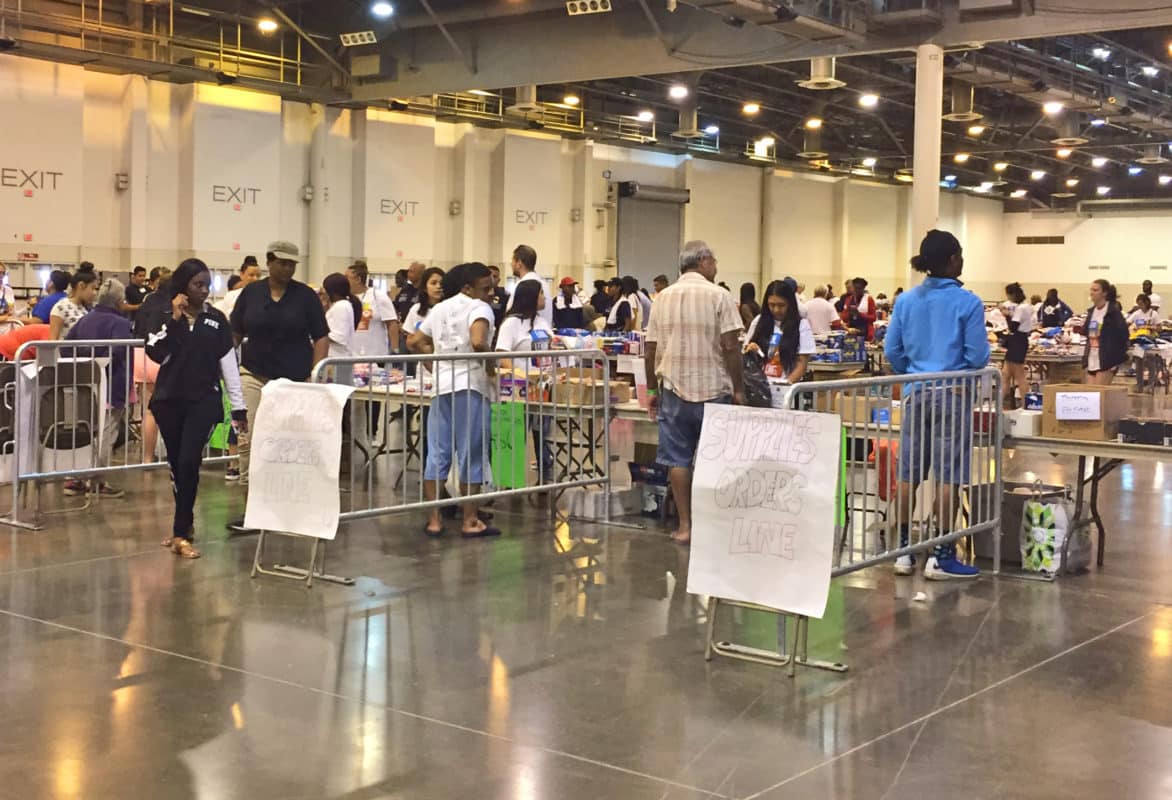
The Council’s president & CEO, Mel Taylor, said the immediate deployment of counselors and social workers is vital to the physical and emotional well-being of storm evacuees. “Our shelters are full of people who have experienced physical and mental trauma as the result of the storm,” Taylor said. “When the reality of their situation sets in, many may experience emotional anguish and our professional social workers are there to help them deal with it.”
Taylor said that among those at the shelters may be individuals suffering the effects of withdrawal from alcohol or drug use, especially after several days without those substances. “People with substance use disorders, such as opioid addiction or active alcoholism may be suffering from symptoms of withdrawal or detoxification,” Taylor said. “We trust medical care will be provided to those who need it, but our clinicians, who are highly-trained in these matters, will help will seek out resources for and provide counsel to shelter residents who need help with alcoholism, addiction, or co-occurring mental health disorders.”
“Our recovery coaches and volunteers are on-site at area shelters to facilitate support groups for people who need to process what’s currently happening in their lives,” Taylor said. “The importance of participating in these 12-Step meetings during this difficult time cannot be understated,” he added, “and we’re doing everything we can to make sure people have a safe and confidential place where they can share their experience, strength, and hope.”
In addition to providing services at area shelters, The Council on Recovery’s main campus at 303 Jackson Hill is open and providing counseling services to the entire community.
